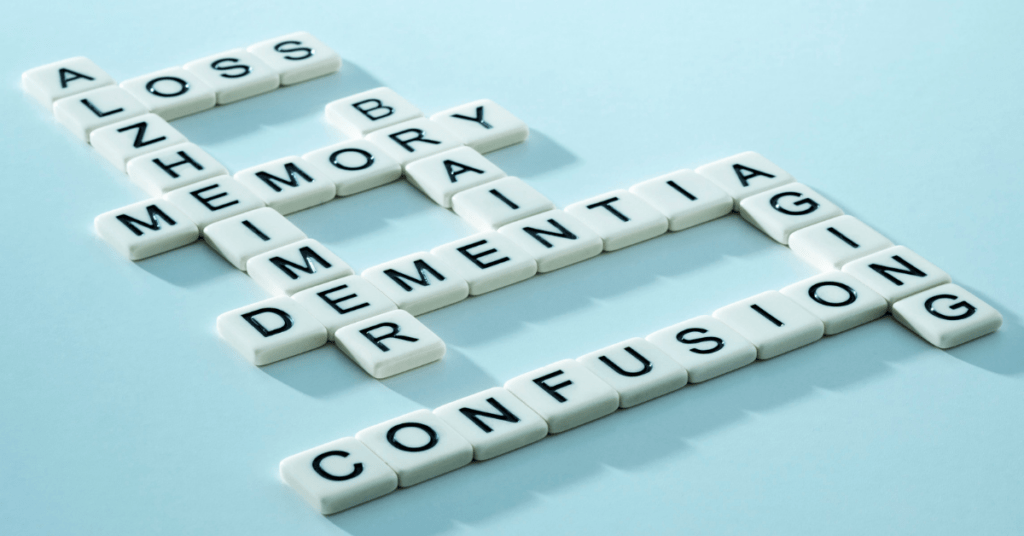Early Detection of Alzheimer’s Disease Part 2
Last month, we shed some light on early Alzheimer’s disease symptoms. We defined the first 5 of the Alzheimer Society of Canada’s 10 warning signs. Please find the rest described below:
6. Abstract thinking is thinking conceptually and having a deep understanding of life’s situations. It’s the type of thinking we use to problem solve or make a choice or a relevant connection. We can abstractly add up a grocery bill in our minds, or understand that our brother’s son is our nephew. When abstract thinking wavers for people with Alzheimer’s disease, they can’t understand what the prices of the items on a grocery bill mean, and they start confusing or not understanding the relationships between objects or persons.
7. We might misplace our car keys, even put the remote control in the fridge without thinking as we get a snack, but the point here is that we are doing actions without thinking. When a person with Alzheimer’s misplaces items such as shoes in the fridge and the milk in a closet, this is because of a deeper misunderstanding of what these items are and where they’re supposed to be placed. It’s confusion and misunderstanding, rather than not thinking about what one’s doing.
8. Our mood changes depending on the life situation we have to deal with; we might be upset at having too much work or happy because it’s a sunny day. Most people can rationalize their mood, but people with Alzheimer’s disease can have mood swings without basis – these are common, extreme, and without provocation. An Alzheimer’s individual might start out calm and content, then become fearful and sad or angry, and then back to calm and content without cause or reason. There’s a disconnect between the feelings experienced, and the reasons behind these feelings.
9. As we age, our personality changes depending on our likes, dislikes, and lifestyle. For example, we may prefer a different type of music than we used to; we may like being on our own more than in a social environment, and we might be quieter than we were before. These personality changes are commonly a result of how we feel as we grow older; however, personality changes that occur in people with Alzheimer’s are the result of a breakdown of reasoning. Whereas a healthy person may be fearful in a frightening situation, a person with Alzheimer’s could become fearful for no logical reason. Alzheimer’s disease evokes irrational feelings, for example, a person affected may be apathetic and indifferent towards others, or an effervescent person might become permanently unenthusiastic and unhappy.
10. We might be tired at work and want a vacation, but we’ll still have the drive to live and do. When Alzheimer’s disease affects a person’s reasoning, that drive is gone; they become passive and uninvolved mentally and physically. They become uninterested, distracted, and may not have the motivation to be involved in any event or activity, even if it is an activity they used to like doing.
As always, if you know someone who is experiencing these types of skill deterioration that’s mentioned here and in our last blog, please contact us, and your doctor for help.
Make a point to visit your parents and grandparents this month!🌷
Karen 🙂
Dementia Solutions



